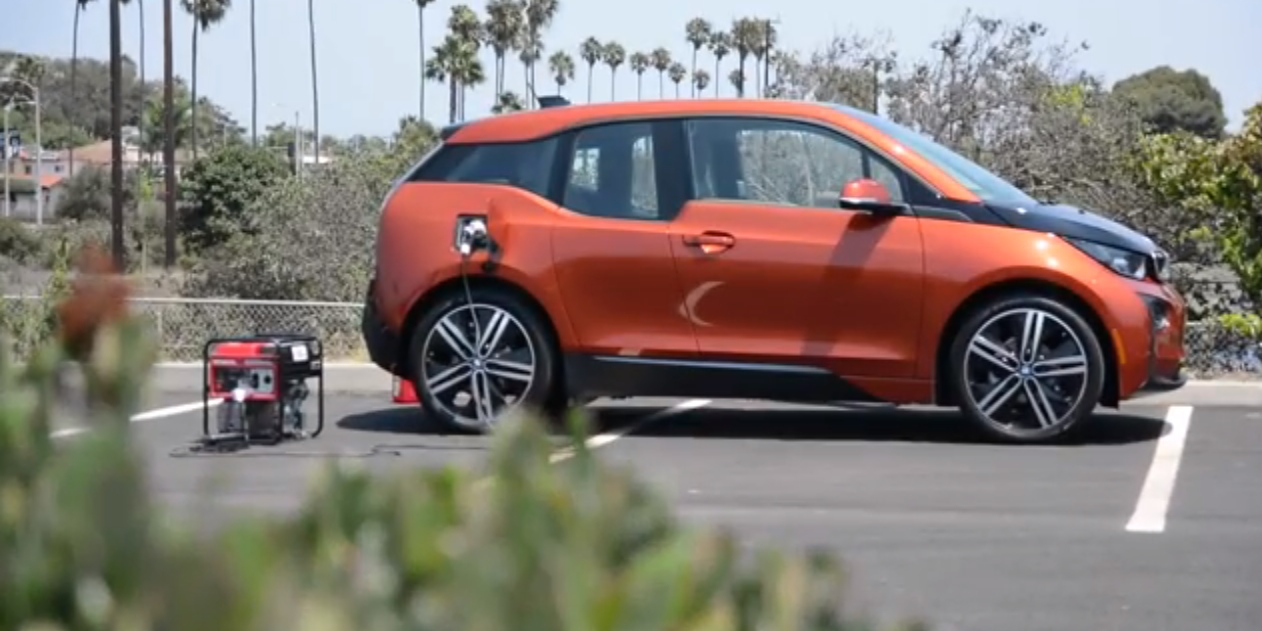it is hard to justify spending so much just to get the new technology that is so cool
I agree. Luckily some of the most important stuff is coming to $25k cars since they can't get the top safety rating without it.
My Subaru Outback with its cameras and radars really helps me on long drives, mostly by giving my right leg a break for extended periods. Have bad arthritis and get cramps and
having the car give my limbs a break is really helpful. But it doesn't give my mind a break, nor until they advance the science will I want it to. Luckily the 10-4 hand position, which often becomes 9 and 3 I think depending upon where you rest your hands, is the most comfortable for me.
a little wander here:
My last career was as a CFP. I spent almost ten years doing kitchen table financial planning with families, helping them with their finances, and
evaluating whether their current broker had them in decent investments, the right risk profile. And helping them set priorities on how they spent their money if they wanted to be
successful. There's a lot of merit to what Gale is saying here. If you have a lot of other line items in your budget that are crushing you, or not allowing needed saving,
auto expense really is an area you can cut back on.
The problem is many guys after working hard for 30 years have wanted to reward themselves with a nice new truck.
And gosh, no money down.
And then the family has a ten thousand dollar annual expense for one vehicle, after you add in more expensive car insurance.
Now if you are working and earning a living with that ten thousand dollar a year asset, it can make a lot of sense.
But otherwise, a used midsize sedan today, which are going out of style to the SUV's for sure, can be a super deal for not much money, and
maybe just maybe you can pay cash and not have any payments at all. Remember when we saved up for cars?...
And since cars are more reliable now, with a little mechanical know how Gale can expect to get 200k out of most modern cars.
Cost per mile of driving usually drops greatly.
So you have more money to spend on other things. Like a second tractor. :thumbsup:
back to regular programming.
btw I get around my farm mostly on an electric golf cart. Quiet, remarkable acceleration, and super reliable. Two zerks to grease.
Club Car, nice product, bought used for half price. Had it converted to four person cart. No reason it won't be running fifty years from now, though
I assume the batteries getting dropped in would change quite a bit every ten years.
Maybe we'll have hydrogen golf carts in fifty years. Maybe they fly/levitate by then.

I've been reading Heinlein and Bradbury since the Sixties and
it is fun seeing things you read about so long ago coming true today. So an electric truck is really easy for me to imagine.


